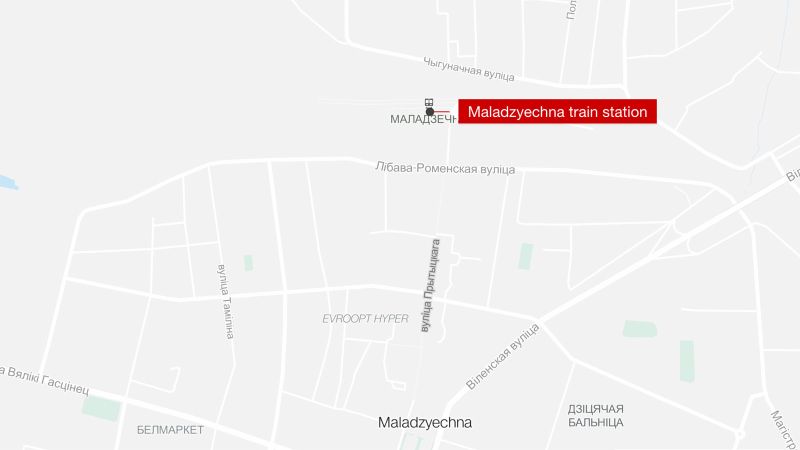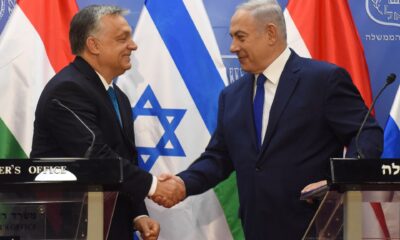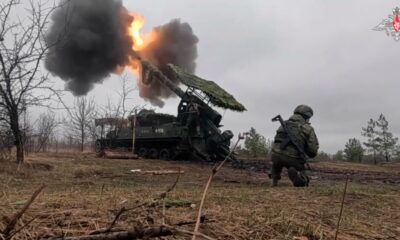Summary
Defense Secretary Pete Hegseth is expected to skip next week’s Ukraine Defense Contact Group meeting in Brussels.
The US has been gradually pulling back from the group, which coordinates military equipment delivery to Ukraine.
In the last administration, the defense secretary or a senior Pentagon official always chaired the group’s monthly meetings, but Hegseth has ceded that role to the UK in recent months.
The Trump administration has adjusted military support to Ukraine to push Kyiv toward negotiations.
This summary was AI-generated and reviewed by CNN editors.
CNN
—
US Secretary of Defense Pete Hegseth is not expected to attend next week’s meeting of the Ukraine Defense Contact Group in Brussels, marking the first time since the group’s founding three years ago that a senior Pentagon official will not be there to represent the US, officials familiar with the matter told CNN.
The US has for months been steadily pulling back from the group, which was founded by former Secretary of Defense Lloyd Austin in 2022 after Russia’s invasion as a way for dozens of countries to streamline the delivery of military equipment to Ukraine to quell Russian military advances.
Whereas Austin or a senior Pentagon official always chaired the group’s monthly meetings, Hegseth has ceded that role to the UK in recent months—even as a senior US general told lawmakers on Thursday that “continuing to assist Ukraine on the battlefield daily” is “very important” when it comes to maintaining leverage over the Russians.
Hegseth attended a meeting of the UDCG in February at NATO headquarters in Brussels, where he told allies that the US would no longer be a guarantor of European security and that it was highly “unlikely” that Ukraine would ever join NATO—a comment that, at the time, marked a dramatic shift from the longtime US position that Ukraine would one day join the alliance.
Defense News was first to report Hegseth is likely to skip the meeting next week.
The Trump administration has turned on and off its military and intelligence support to Ukraine in recent months as a way to push Kyiv to the negotiating table. The US hasn’t imposed any penalties on Russia, even as Moscow has refused to agree to a White House proposal for a 30-day ceasefire and continues to place conditions on even a partial ceasefire in the Black Sea.
Russia also wasn’t on the list of countries the Trump administration announced it is imposing tariffs on this week.
Trump attacked Russian President Vladimir Putin publicly last weekend and threatened tariffs on countries which buy Russian oil, but days later temporarily suspended sanctions on a Russian financier and Putin ally in order to host him for meetings this week in Washington, DC—the first time a Russian official has traveled to DC for such talks since Russia invaded Ukraine in 2022.
As the Russian negotiator, Kirill Dimitriev, was in DC for meetings on Thursday, Gen. Christopher Cavoli, the head of US European Command and Supreme Allied Commander Europe was testifying to Congress that Russia poses a “chronic” and “growing” threat to the US and the west saying Russia is “actively waging a campaign of destabilization across Europe and beyond.”
“Russia’s war in Ukraine, now in its fourth year, has revealed Russia to be a chronic threat, and we see in the future it will be a growing threat, one that is willing to use military force to achieve its geopolitical goals,” Cavoli told the Senate Armed Services Committee on Thursday.
“Further exacerbating this threat from Russia are the deepening partnerships among our adversaries — Iran, the Communist Chinese Party, the DPRK, and Russia itself. And these are increasingly posing a global risk,” he said.
Dimitriev and Trump envoy Steve Witkoff met on Wednesday, sources told CNN.
US and western intelligence officials do not believe that Russia is interested in negotiating a ceasefire deal with Ukraine in good faith, CNN has reported. Moscow still believes it can sustain its war effort and outlast Ukraine on the battlefield.
A senior NATO official reiterated that on Thursday, saying that “Russia still believes that time mostly is on its side.”
“We have had questions for a long time about whether Putin intends to negotiate in good faith,” the official said. Russia is “willing to continue those talks [about mending ties with the US] at the same time that it is delaying and stalling and saying that they can’t accept the US proposals right now, on the actual ceasefire. I think all of that supports the idea that Russia’s goals haven’t changed at all—that right now, what it is trying to do is probably stall for time, make less concessions on the war, and try to instead make progress on sanctions, on Russia’s place in the international community.”
























